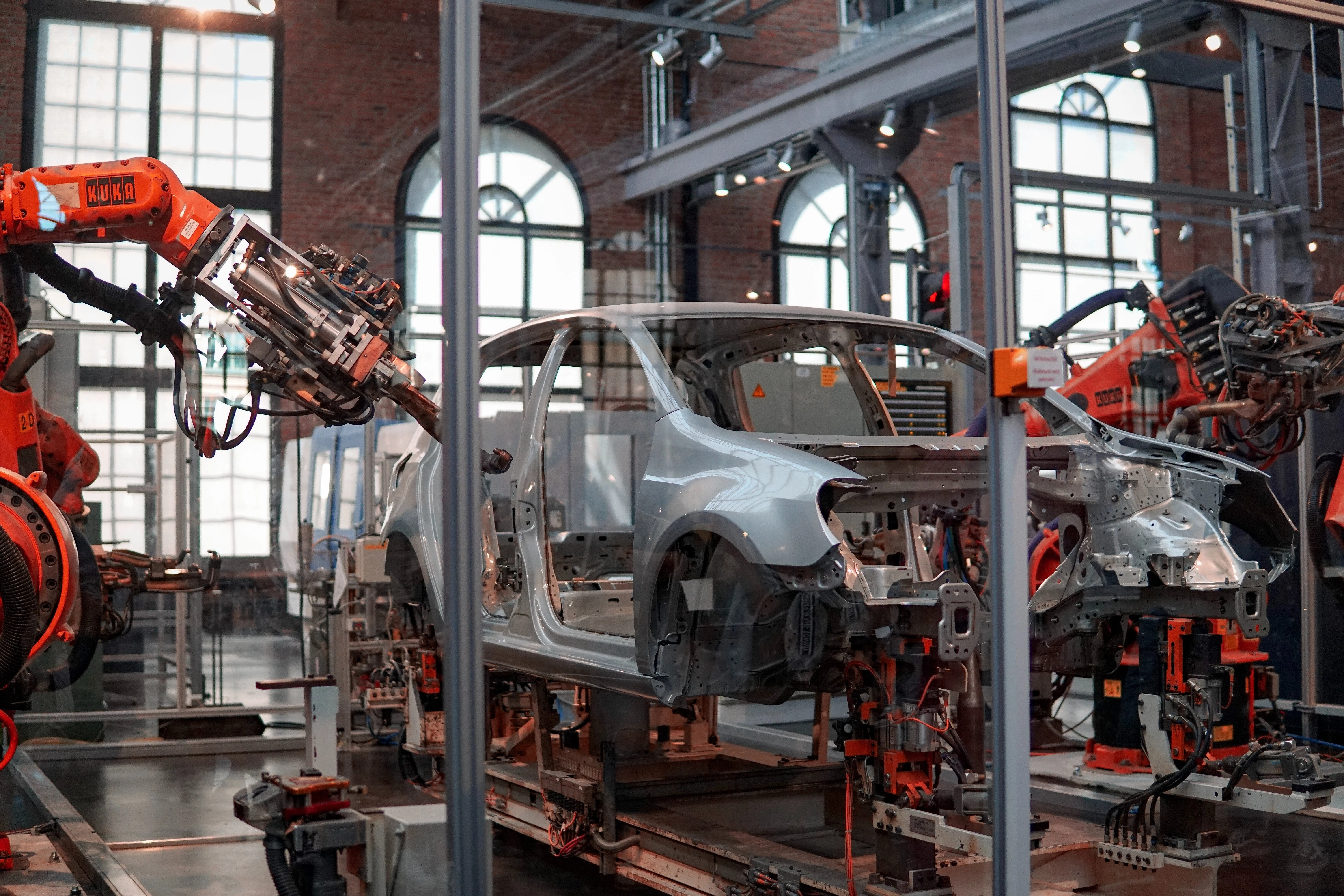
UK car production down but electric vehicle output surges to new record
UK car production declined -9.8 per cent in 2022 to 775,014 units, according to the latest figures issued today by the Society of Motor Manufacturers and Traders (SMMT). December rounded off a volatile year, with output down -17.9 per cent in the month after growth in October and November, with most of the year’s volume loss occurring in the first half.
The annual total was 84,561 units down on 2021 and -40.5 per cent off the 1,303,135 cars made in 2019 pre-pandemic, equivalent to a loss of more than half a million cars.
The main reasons for the depressed output were the crippling global shortage of semiconductors, which limited the ability to build cars in line with demand; significant structural changes, reflecting a loss of production at two volume manufacturing sites; and the impact of supply chain pauses in China due to Covid lockdowns.
Despite these challenges, UK factories turned out a record 234,066 battery electric (BEV), plug-in hybrid (PHEV) and hybrid (HEV) electric vehicles, with combined volumes up 4.5 per cent year-on-year to represent almost a third (30.2 per cent) of all car production.
Total BEV production rose 4.8 per cent, with hybrid volumes up 4.3 per cent, and boosting output of these vehicles will be critical in the attainment of net zero, for both the UK and major overseas markets.
The figures come as fresh SMMT analysis confirms the increasingly important role of electrified vehicle production to the UK economy, especially the value of exports. Since 2017, the value of BEV, PHEV and HEV exports has risen seven-fold, from £1.3bn to more than £10bn.
As a result, electrified vehicles represent 44.7 per cent of the value of all UK car exports, up from a mere 4.1 per cent. BEVs, in particular, are critical to the future prosperity of the UK, with their export value up more than 1,500 per cent, from £81.7m to £1.3bn.
Mike Hawes, SMMT chief executive, said, “These figures reflect just how tough 2022 was for UK car manufacturing, though we still made more electric vehicles than ever before high value, cutting edge models, in demand around the world. The potential for this sector to deliver economic growth by building more of these zero emission models is self-evident, however, we must make the right decisions now.
“This means shaping a strategy to drive rapid upscaling of UK battery production and the shift to electric vehicles based on the UK automotive sector’s fundamental strengths a highly skilled and flexible workforce, engineering excellence, technical innovation and productivity levels that are amongst the best in Europe.”
Even amid the tough economic and political setting, UK Automotive is integral to ambitions on levelling up, delivering net zero and advancing global Britain. In 2022, publicly announced investment for the sector reached a total of £4.5bn, with major new commitments to electrification in Crewe and Merseyside.
This was down slightly from the potential £4.9bn announced in 2021, which included the proposed development of a new battery gigafactory in the West Midlands.
By Mark Adair – Correspondent, Bdaily
- Add me on LinkedIn and Twitter to keep up to date
- And follow Bdaily on Facebook, Twitter and LinkedIn
- Submit press releases to editor@bdaily.co.uk for consideration.
Looking to promote your product/service to SME businesses in your region? Find out how Bdaily can help →
Enjoy the read? Get Bdaily delivered.
Sign up to receive our popular morning National email for free.








 Raising the bar to boost North East growth
Raising the bar to boost North East growth
 Navigating the messy middle of business growth
Navigating the messy middle of business growth
 We must make it easier to hire young people
We must make it easier to hire young people
 Why community-based care is key to NHS' future
Why community-based care is key to NHS' future
 Culture, confidence and creativity in the North East
Culture, confidence and creativity in the North East
 Putting in the groundwork to boost skills
Putting in the groundwork to boost skills
 £100,000 milestone drives forward STEM work
£100,000 milestone drives forward STEM work
 Restoring confidence for the economic road ahead
Restoring confidence for the economic road ahead
 Ready to scale? Buy-and-build offers opportunity
Ready to scale? Buy-and-build offers opportunity
 When will our regional economy grow?
When will our regional economy grow?
 Creating a thriving North East construction sector
Creating a thriving North East construction sector
 Why investors are still backing the North East
Why investors are still backing the North East